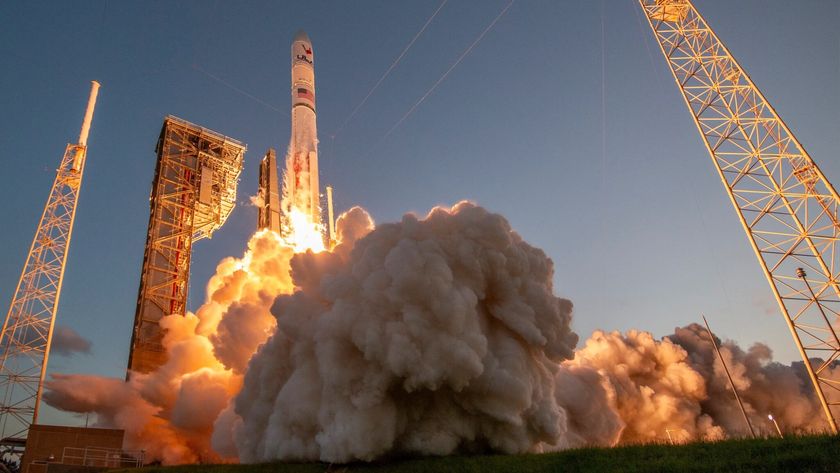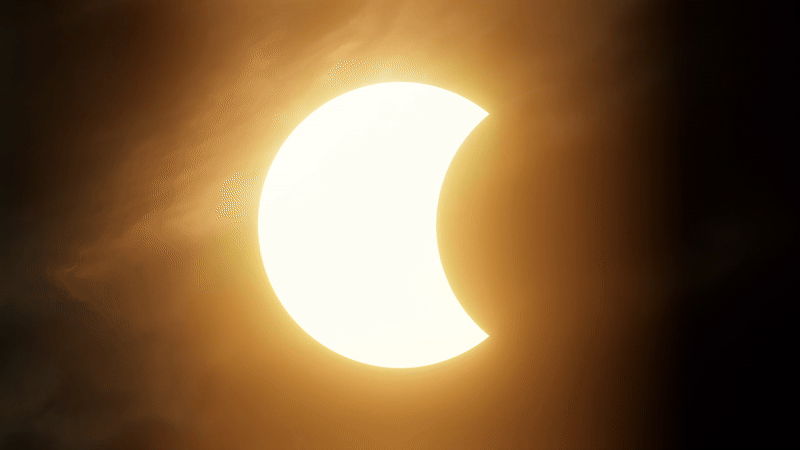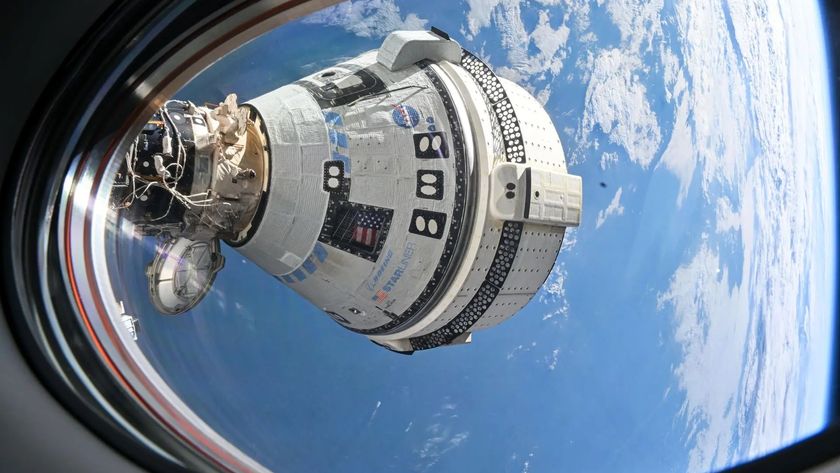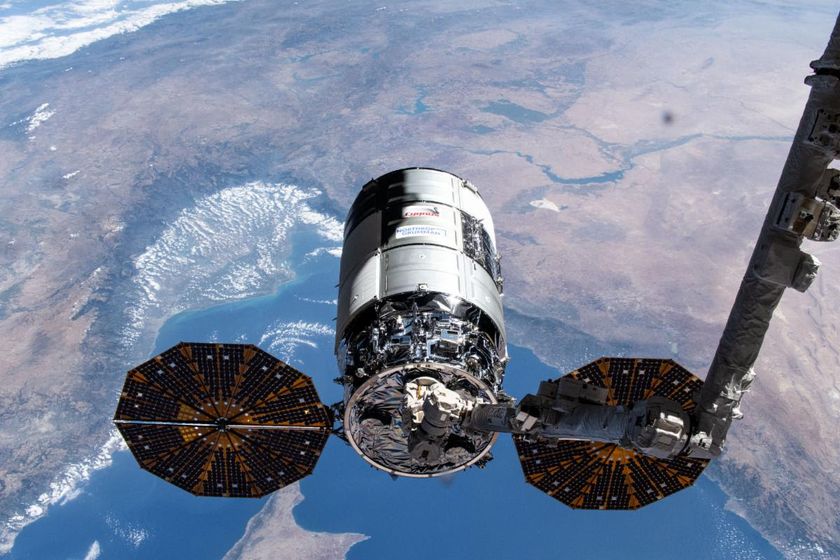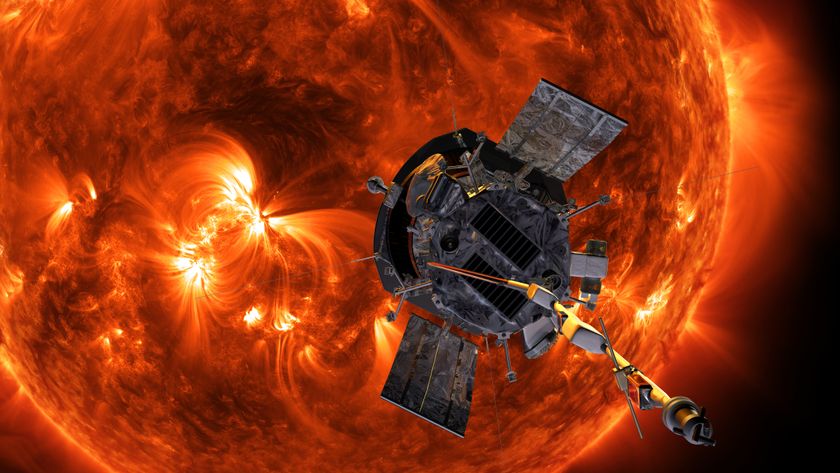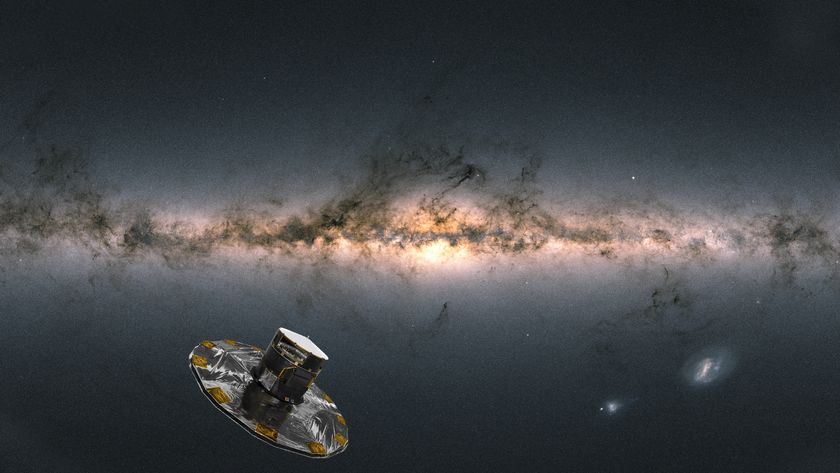North Korea May Launch Rocket Soon, Satellite Photo Shows
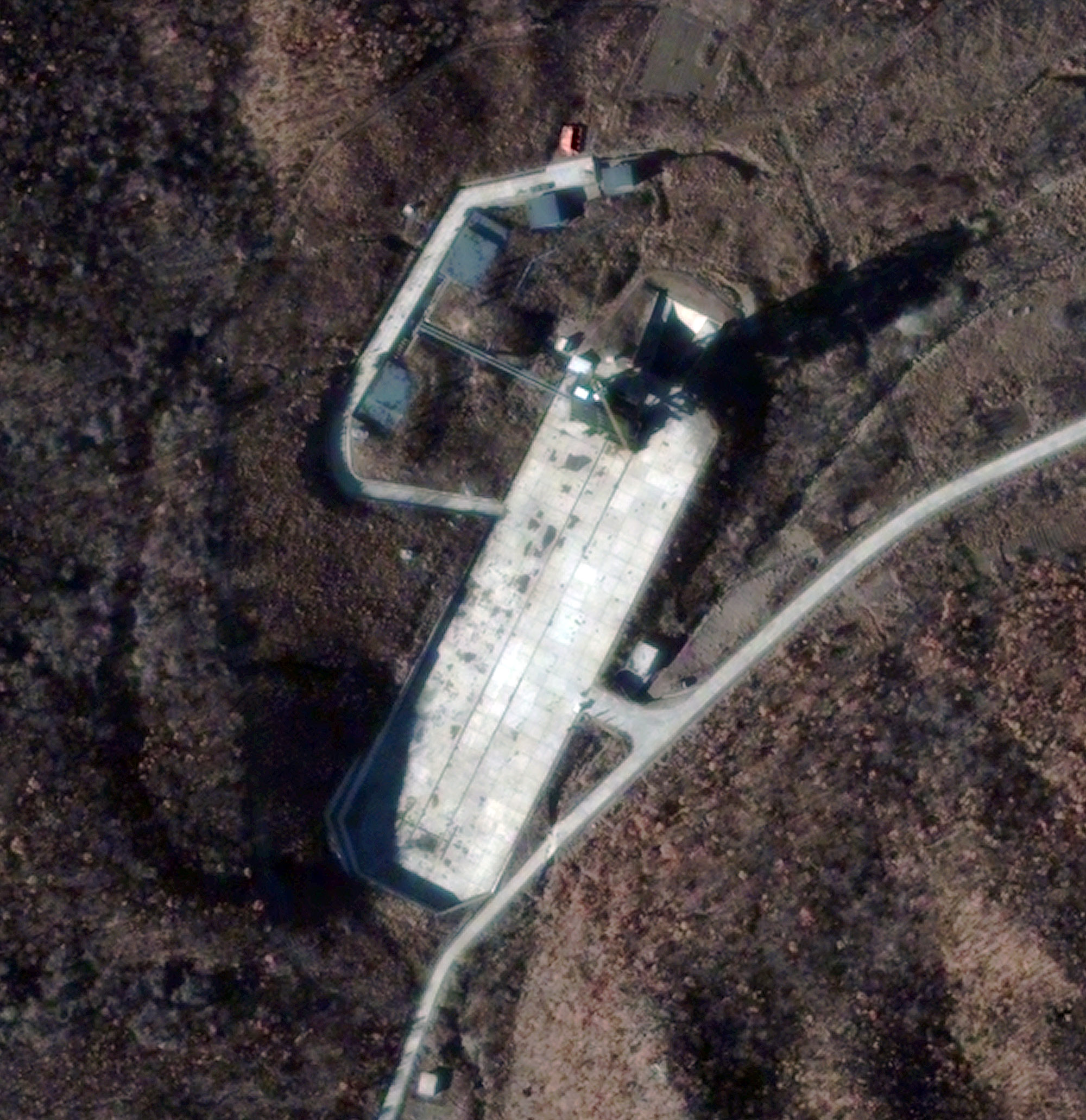
North Korea may be preparing to attempt another rocket launch in the next few weeks, new satellite imagery suggests.
The photo, which was taken Monday (Nov. 26), shows increased activity at North Korea's Sohae Satellite Launch Station. The hustle and bustle is similar to that seen before the rogue nation's failed long-range rocket launch last April, according to satellite operator DigitalGlobe.
"Given the observed level of activity noted of a new tent, trucks, people and numerous portable fuel/oxidizer tanks, should North Korea desire, it could possibly conduct its fifth satellite launch event during the next three weeks (e.g., by mid-December 2012)," DigitalGlobe officials wrote in a statement released with the new image.
Though it has tried numerous times, North Korea has not yet succeeded in placing a satellite in Earth orbit. Last April's attempted launch of an Earth-observing craft atop the nation's Unha-3 rocket was just the latest failure, following similar flops in 1998 and 2009.
In a rare public admission, North Korean officials acknowledged the Unha-3 failure shortly after the rocket crashed into the sea on April 13. (The nation had maintained that the 1998 and 2009 attempts were successful, though Western analysts are confident that neither one reached orbit.)
North Korea's past launches have drawn condemnation from the United States, South Korea and other nations, which viewed them as thinly disguised missile tests. The West's concern stems largely from North Korea's famous unpredictability, along with its status as a nuclear-armed nation. The country is also highly secretive, making it difficult for Western observers to follow its activities or divine its motives.
North Korean missile technology traces its origins to Soviet Scuds, which apparently entered the country via Egypt in the 1970s. Since then, the Hermit Kingdom has been developing bigger and more powerful rockets, some of which may have the potential to reach the West Coast of the United States.
Get the Space.com Newsletter
Breaking space news, the latest updates on rocket launches, skywatching events and more!
Follow SPACE.com on Twitter @Spacedotcom. We're also on Facebook & Google+.
Join our Space Forums to keep talking space on the latest missions, night sky and more! And if you have a news tip, correction or comment, let us know at: community@space.com.

Space.com is the premier source of space exploration, innovation and astronomy news, chronicling (and celebrating) humanity's ongoing expansion across the final frontier. Originally founded in 1999, Space.com is, and always has been, the passion of writers and editors who are space fans and also trained journalists. Our current news team consists of Editor-in-Chief Tariq Malik; Editor Hanneke Weitering, Senior Space Writer Mike Wall; Senior Writer Meghan Bartels; Senior Writer Chelsea Gohd, Senior Writer Tereza Pultarova and Staff Writer Alexander Cox, focusing on e-commerce. Senior Producer Steve Spaleta oversees our space videos, with Diana Whitcroft as our Social Media Editor.

